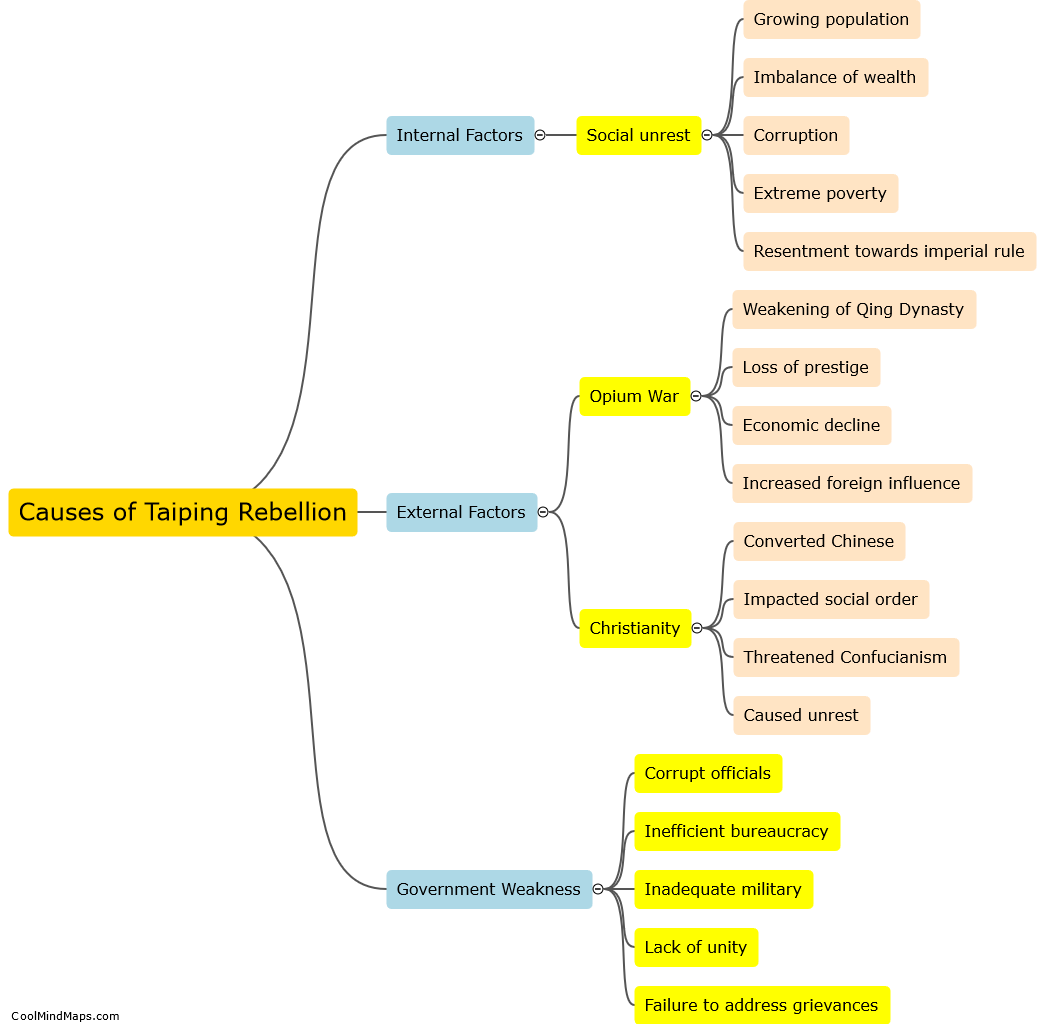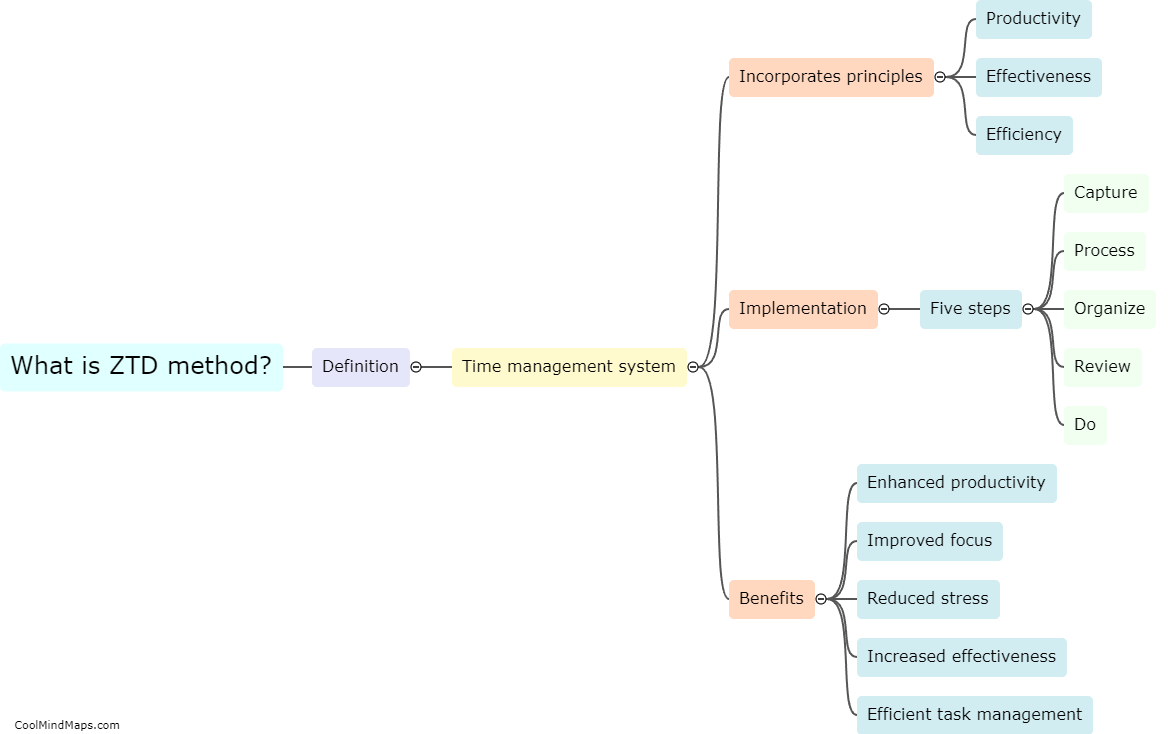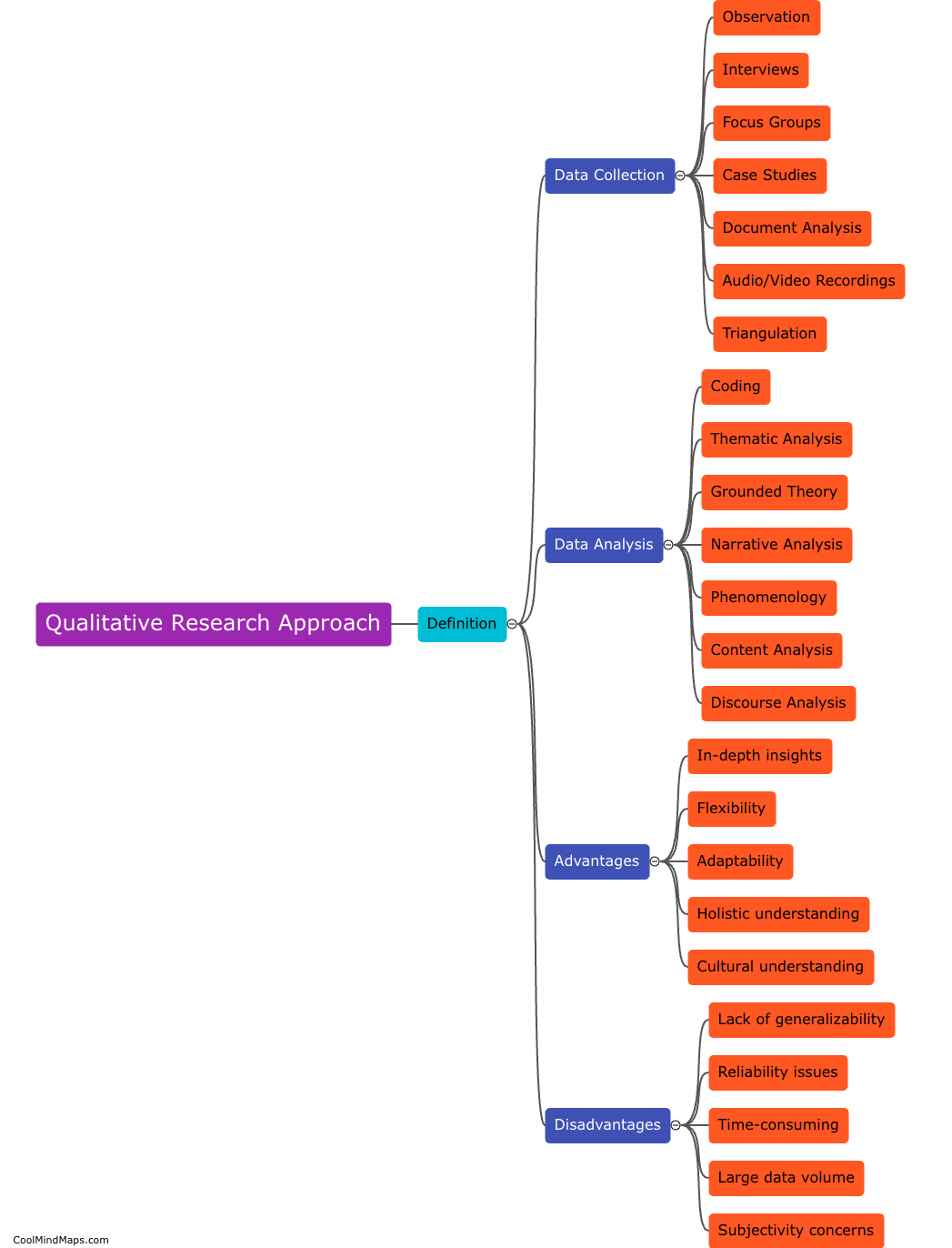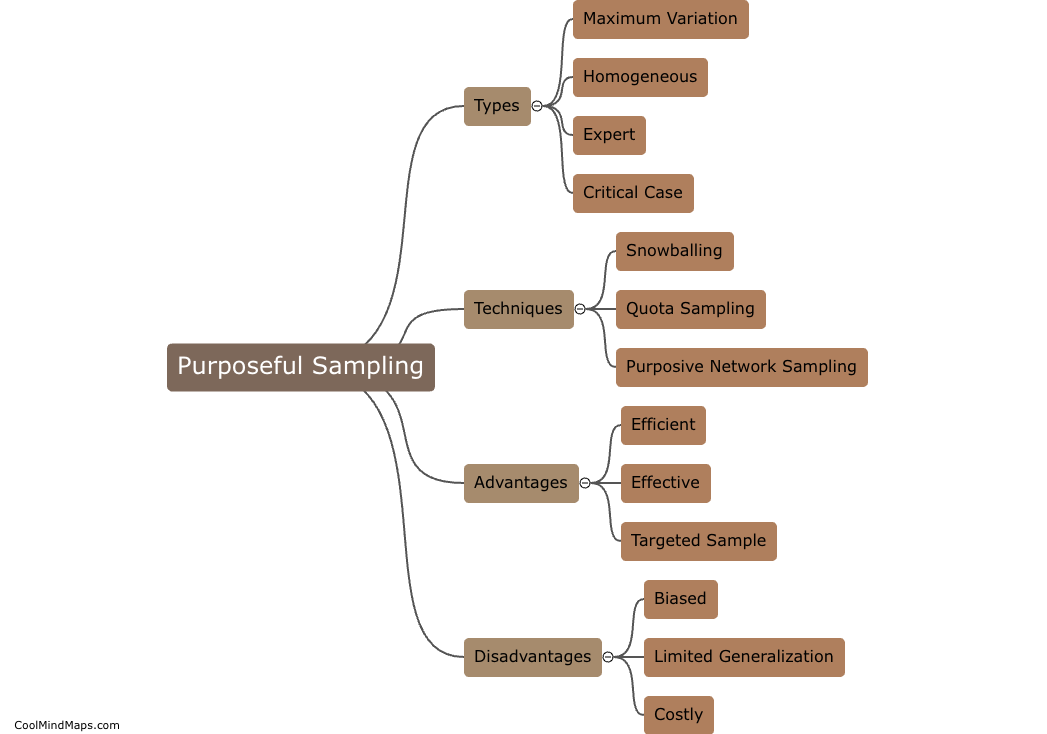What is purposive sampling?
Purposive sampling is a non-probability sampling technique that involves selecting participants who meet specific criteria or possess certain characteristics relevant to the research question. The researcher selects a sample that is believed to be most informative for their study, usually based on their expertise, prior knowledge, or theoretical framework. This type of sampling is commonly used in qualitative research, where the focus is on understanding the perspectives and experiences of a particular group. Purposive sampling allows for targeted data collection and can increase the validity and reliability of the study results. However, it is important to acknowledge potential biases and limitations when using this methodology.

This mind map was published on 22 April 2023 and has been viewed 102 times.











